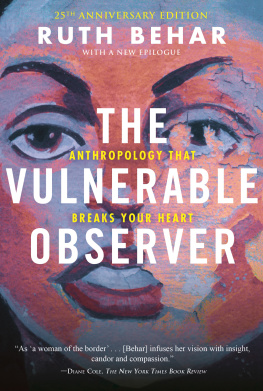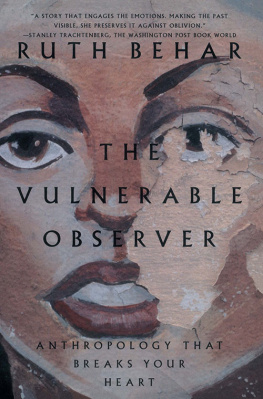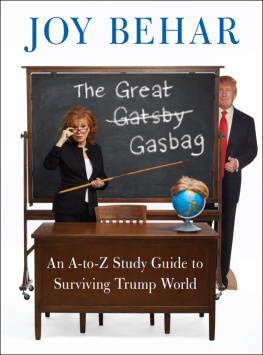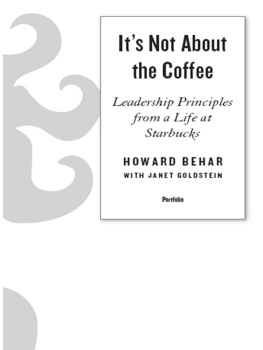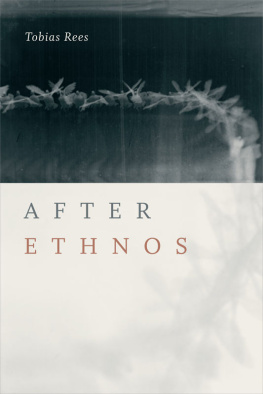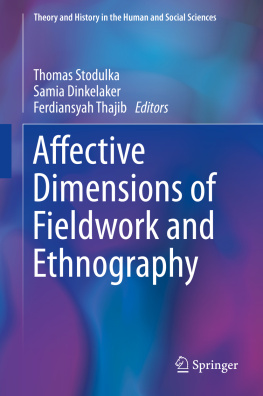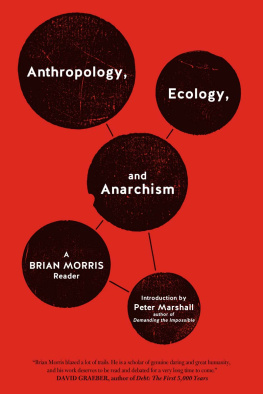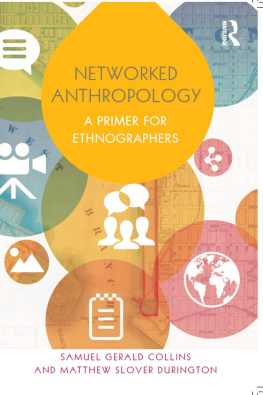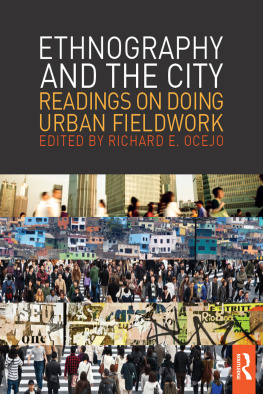Contents
Pagebreaks of the print version
Guide
OTHER BOOKS BY RUTH BEHAR
The Presence of the Past in a Spanish Village:
Santa Mara del Monte
Translated Woman:
Crossing the Border with Esperanzas Story
ANTHOLOGIES EDITED BY RUTH BEHAR
Bridges to Cuba/Puentes a Cuba
Women Writing Culture
(with Deborah A. Gordon)

For
DEB CHASMAN
my vulnerable editor
Viajero
Yo soy como el viajero
que llega a un puerto y no lo espera nadie;
Soy el viajero tmido que pasa
entre abrazos ajenos y sonrisas
que no son para l
Como el viajero solo
que se alza el cuello del abrigo
en el gran muelle fro
Traveler
I am like the traveler
who reaches the port and no one awaits him;
I am the timid traveler who walks
among strangers embracing and smiles
not meant for him
Like the lone traveler
who raises his overcoat collar
on the great, cold wharf
DULCE MARA LOYNAZ
CHAPTER 1
THE VULNERABLE OBSERVER
It is customary to call books about human beings either toughminded or tenderminded. My own is neither and both, in that it strives for objectivity about that tendermindedness without which no realistic behavioral science is possible.
GEORGE DEVEREUX , From Anxiety to Method
I n 1985 an avalanche in Colombia buried an entire village in mud. Isabel Allende, watching the tragedy on television, wanted to express the desperation she felt as she helplessly observed so many people being swallowed by the earth. In her short story Of Clay We Are Created, Allende writes about Omaira Snchez, a thirteen-year-old girl who became the focus of obsessive media attention. News-hungry photographers, journalists, and television camera people, who could do nothing to save the girls life, descended upon her as she lay trapped in the mud, fixing their curious and useless eyes on her suffering. Amid that horrid audience of onlookers, which included Allende herself watching the cruel show on the screen, she places the photographer Rolf Carl. He too has been looking, gazing, reporting, taking pictures. Then something snaps in him. He can no longer bear to watch silently from behind the camera. He will not document tragedy as an innocent bystander. Crouching down in the mud, Rolf Carl throws aside his camera and flings his arms around Omaira Snchez as her heart and lungs collapse.
The vulnerable observer par excellence, Rolf Carl incarnates the central dilemma of all efforts at witnessing. In the midst of a massacre, in the face of torture, in the eye of a hurricane, in the aftermath of an earthquake, or even, say, when horror looms apparently more gently in memories that wont recede and so come pouring forth in the late-night quiet of a kitchen, as a storyteller opens her heart to a story listener, recounting hurts that cut deep and raw into the gullies of the self, do you, the observer, stay behind the lens of the camera, switch on the tape recorder, keep pen in hand? Are there limitsof respect, piety, pathosthat should not be crossed, even to leave a record? But if you cant stop the horror, shouldnt you at least document it?
Allende assumed that once her story was published, Omaira would disappear from her life. But in Paula, her moving memoir of her daughters sudden and rapid death from porphyria, she finds herself returning to Omairas story, which has acquired the eerie power of fiction that foretells the future. This time, Allende is painfully close to tragedy, no television screen acting as buffer. Like Rolf Carl, she must get down in the mud with her daughter, who has fallen into a coma, her gaze focused beyond the horizon where death begins. Sitting at the bedside of Paula, a Sleeping Beauty who will never awaken, Allende, with pen in hand, gives up the possibility of imagining other worlds through fiction. Surrendering to the intractableness of reality, she feels herself setting forth on an irreversible voyage through a long tunnel; I cant see an exit but I know there must be one. I cant go back, only continue to go forward, step by step, to the end.
F or me, anthropology is about embarking on just such a voyage through a long tunnel. Always, as an anthropologist, you go elsewhere, but the voyage is never simply about making a trip to a Spanish village of thick-walled adobe houses in the Cantabrian Mountains, or a garden apartment in Detroit where the planes circle despondently overhead, or a port city of cracking pink columns and impossible hopes known as La Habana, where they tell me I was born. Loss, mourning, the longing for memory, the desire to enter into the world around you and having no idea how to do it, the fear of observing too coldly or too distractedly or too raggedly, the rage of cowardice, the insight that is always arriving late, as defiant hindsight, a sense of the utter uselessness of writing anything and yet the burning desire to write something, are the stopping places along the way. At the end of the voyage, if you are lucky, you catch a glimpse of a lighthouse, and you are grateful. Life, after all, is bountiful.
But surely this is not the anthropology being taught in our colleges and universities? It doesnt sound like the stuff of which Ph.D.s are made. And definitely it isnt the anthropology that will win you a grant from the National Science Foundation. Nor, to be perfectly honest, is it the anthropology I usually tell people I do. People, say, like my Aunt Rebeca, who is asking meover a midnight snack of Cuban bread and caf con leche in bustling Puerto Sagua, where people are devouring, as if there were no tomorrow, enormous plates of steak with browned onions and glistening plantainswhy I went into anthropology.
No s decirte cmo fu I was very young. I wanted to write. A teacher had faith in me. They gave me a fellowship to study anthropology. I went to live in a Spanish village. There I learned how to recite a rosary and heard my Sephardic ancestors whispering in my ears, Shame, shame. Over the years this anthropology became a way to always be taking leave, a way to always be returning, a way to always be packing and unpacking suitcases, as if I were mimicking the history of our own family, traveling from Europe to the other America, to this America, this Puerto Sagua, not the one of the same name left behind on the island, but this one here where the Cuban bread and caf con leche never run dry.
And then before I have answered her first question, my Aunt Rebeca asks, Rutie, pero dime, what is anthropology? While I hesitate, she confidently exclaims, The study of people? And their customs, right?
Right. People and their customs. Exactly. As de fcil. Cant refute that. Somehow, out of that legacy, born of the European colonial impulse to know others in order to lambast them, better manage them, or exalt them, anthropologists have made a vast intellectual cornucopia. At the anthropological table, to which another leaf is always being added, there is room for studies of Greek death laments, the fate of socialist ideals in Hungary and Nicaragua, Haitian voodoo in Brooklyn, the market for Balinese art, the abortion debate among women in West Fargo, North Dakota, the reading groups of Mayan intellectuals, the proverbs of a Hindi guru, the Bedouin sense of honor, the jokes Native Americans tell about the white man, the plight of Chicana cannery workers, the utopia of Walt Disney World, and even, I hope, the story of my familys car accident on the Belt Parkway shortly after our arrival in the United States from Cuba (the subject to which, in fact, we turned that night in Puerto Sagua, my Aunt Rebeca telling me they heard about it when they opened up the Sunday

